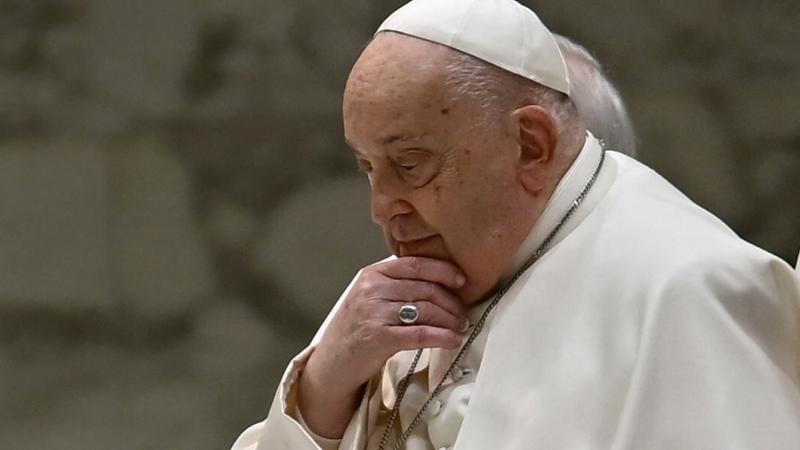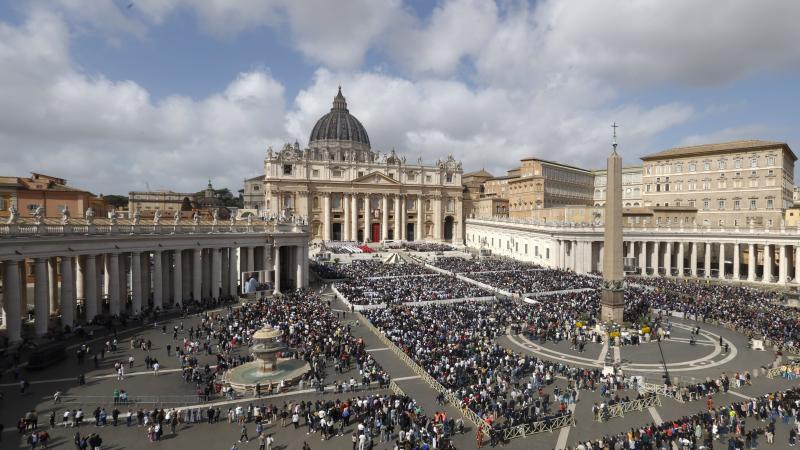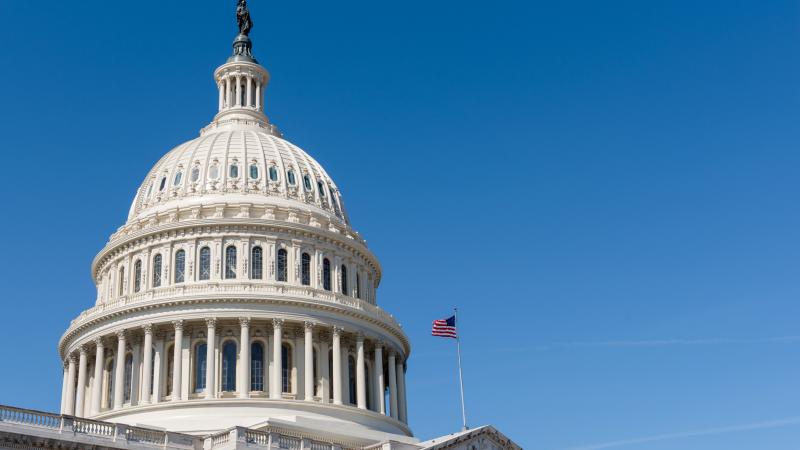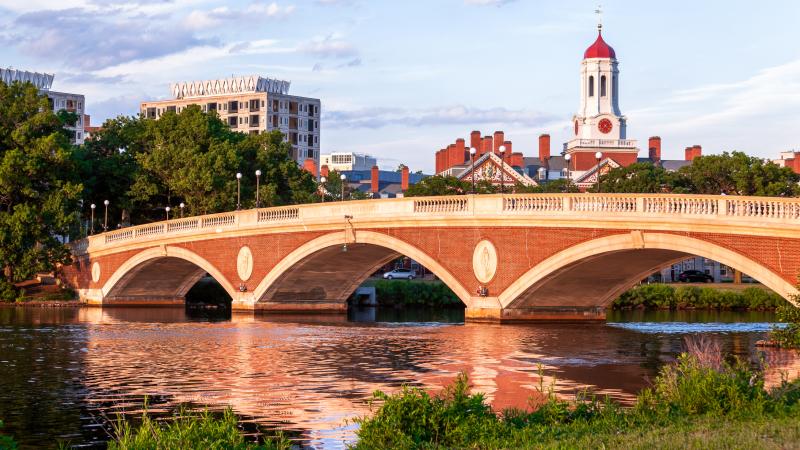Alito calls Supreme Court ruling that blocked Trump deportations 'hastily and prematurely' decided
Supreme Court Justices Samuel Alito and Clarence Thomas dissented from majority in Venezuelan deportation case.
Supreme Court Justice Samuel this past weekend said fellow justices too "hastily" blocked President Donald Trump’s latest round of deportations under the decades-old Alien Enemies Act.
Alito, 75, wrote a five-page dissent late Saturday night after the high court issued an emergency order that paused the deportation of alleged Venezuelan gang members who were potentially bound for an infamous El Salvador prison without due process.
The decision was 7-2, with Alito and fellow conservative-leaning Justice Clarence Thomas dissenting. The court's three other conservative justices – John Roberts, Brett Kavanaugh and Amy Coney Barrett – voted with the court's four liberal justices.
Alito, a George W. Bush appointee, said he opposed the order in part because the issue, which was raised by an appeal Friday from the American Civil Liberties Union, had not properly played out in the lower courts. So it was unclear whether , Supreme Court had jurisdiction to weigh in yet, according to the Daily Beast.
"In sum, literally in the middle of the night, the Court issued unprecedented and legally questionable relief without giving the lower courts a chance to rule, without hearing from the opposing party, within eight hours of receiving the application, with dubious factual support for its order, and without providing any explanation for its order," Alito said.
"I refused to join the Court’s order because we had no good reason to think that, under the circumstances, issuing an order at midnight was necessary or appropriate."
He also called the majority decision “hastily and prematurely granted.”
The high court's weekend ruling came a month after the Trump administration did not comply with an order issued by a Washington, D.C., district judge to fly more than 200 migrants to El Salvador.
Among those on the flight was Kilmar Abrego Garcia, an El Salvadoran national living in Maryland whose situation has thrust Trump's mass-deportation effort into the national spotlight.
Abrego Garcia came to the U.S. illegally and was subject to possible deportation. But in 2019, an immigration judge granted him a withholding of removal order, issued over concerns he would be persecuted if he returned to his country of origin.
The Trump administration has argued Abrego Garcia is a member of the MS-13 gang and was mistakenly deported.
However, White House aide Stephen Miller later said Abrego Garcia was not mistakenly deported and blamed an attorney from the Department of Justice for claiming he was.
Advocates for Abrego Garcia and other illegal migrants in situations similar to his argue those deported failed to get the due process – a legal principle guaranteed by the U.S. Constitution that ensures fairness in legal proceedings and protection from arbitrary government action.












